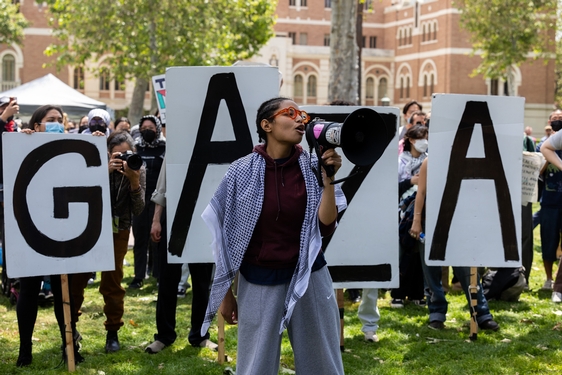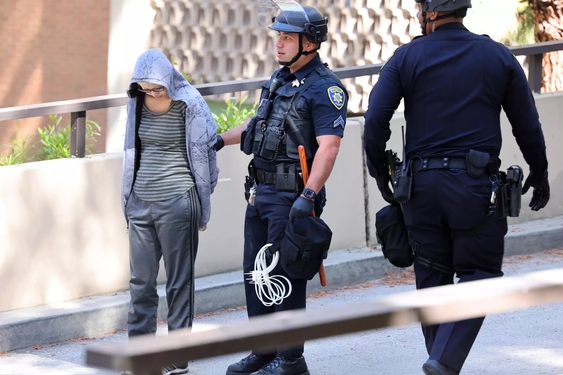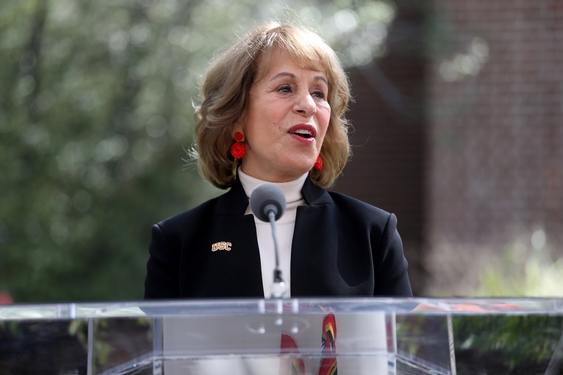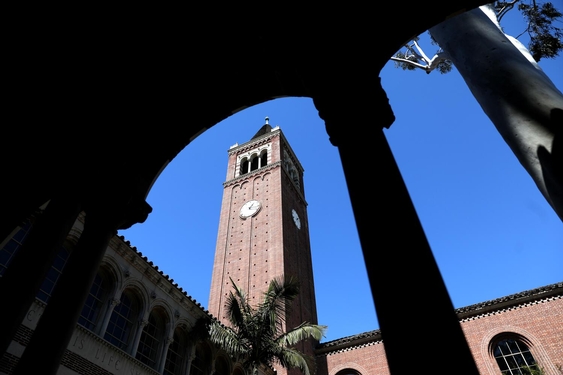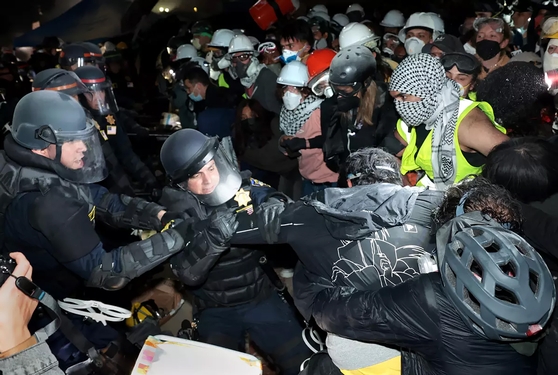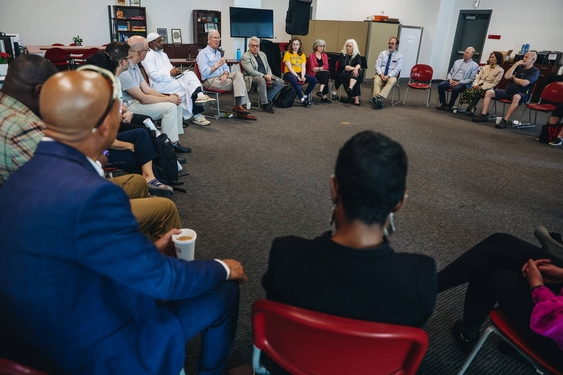Early on a pitch-black February morning in 2012, Sofie Karasek, a UC Berkeley freshman, lay sleeping in a room with 10 classmates during a student getaway.
The 19-year-old woke suddenly, confused, feeling the touch of a hand. She realized with horror that another student had slipped against her, so close she could feel his heart beating and "his sweaty fingers crawling on my skin," as she would later write in a summary of the sexual assault, which was not rape.
More than a year later, after she received no response to the complaint she filed with UC Berkeley, Karasek and students from other University of California campuses say UC is failing to comply with federal laws requiring swift, attentive responses to allegations of sexual assault and fair treatment for victims, including informing them about developments in their cases.
On Wednesday, following emotional testimony at the state Capitol from Karasek and others, California lawmakers authorized an audit with priority status to look at how certain UC and California State University campuses deal with sexual assault.
"I'm furious," said Sen. Hannah-Beth Jackson, D-Santa Barbara, a member of the Joint Legislative Audit Committee that heard students' testimony.
Spelled out by law
Karasek did not report her assault to police because, she said in an interview, it was more than she felt she could handle. But she told the committee that she filed a formal complaint with campus authorities and believed that doing so would lead to an investigation and to discipline for the alleged assailant if he were found guilty.
Federal laws - the Clery Act and Title IX - specify how colleges and universities must respond to and publicize crimes of all kinds, and requires that specific steps be taken in the case of sexual assault.
Karasek said the university never responded to her complaint. She inquired after seven months and eventually received "two three-sentence e-mails which only said he's been found in violation of the code of conduct."
It was only then that she realized that there had been an investigation. Later she would learn through other sources that three other Berkeley women reported being assaulted by the same student who attacked her.
Crime reporting
"As a state, we should not stand for this," said Assemblyman Anthony Rendon, D-Lakewood (Los Angeles County), who requested the audit. "People who wish to further their education should not be worried that sexual assault stands in the way."
The Clery Act was enacted in 1990, four years after Jeanne Clery, 19, was raped and murdered at Lehigh University in Pennsylvania. Her parents had no idea that several violent crimes had occurred in the area around campus. Reporting of crime statistics is a key feature of the Clery Act, and UC's website shows 54 reports of sex offenses across all 10 campuses in 2012, and 47 in 2011.
UC Berkeley statistics offer 2011 as the most recent year, with 45 sex assaults on and around campus. It isn't clear how that number jibes with the report of about the same number systemwide. Of the 45, UC Berkeley says 31 have been verified.
The audit will look at how the universities report sexual assaults, whether students are discouraged from reporting - as students claim - prevention efforts and other areas of compliance.
Facing skepticism
At the hearing, students said their claims were often met with skepticism. They declined to provide details of what happened, citing privacy and fear of reprisal. Nine UC Berkeley students and alumni filed a Clery Act complaint about campus compliance with the U.S. Department of Education in May and are waiting to learn if their complaint will be investigated.
Karasek is the only named plaintiff in that complaint and declined to discuss other cases except to say the UC Berkeley health center had refused to provide a rape kit - used to collect evidence of sexual assault - to one student whose assailant was later convicted of rape. The student went to the hospital instead, where she was given the kit.
Old excuses
Another Berkeley student, Aryle Butler, told the committee she'd been assaulted twice by one person. When she complained to the school, she said she was angry "that I was asked how many times I said, 'no.' "
"These are the same excuses (by schools) we were hearing 30 years ago," Sen. Jackson said. "Young women are victimized and their schools do nothing about it. We've got to do something about it."
The audit will take up to seven months and will look at practices at UC Berkeley and three other campuses to be determined: one at UC and two at CSU.
Representatives of UC and CSU at the hearing were clearly moved by the testimony and said they would cooperate with the audit.
"As a woman, as a mother who has a daughter who attended college and had a stalker herself, to listen to what happened, this is an important matter," said Linda Williams, an associate chancellor of UC Berkeley.
"My heart is heavy."
Nanette Asimov is a San Francisco Chronicle staff writer. E-mail: nasimov@sfchronicle.com Twitter: @NanetteAsimov
———
©2013 the San Francisco Chronicle
Visit the San Francisco Chronicle at www.sfgate.com
Distributed by MCT Information Services






